
Scientists Detect Microplastics In Reproductive Fluids—Potential Infertility Risk
Microplastics are now present practically everywhere on Earth, from the Mariana Trench’s depths to the top of Everest.
It turns out that they can ruin even our most private moments.
Researchers have shown that microplastics are “common” in the reproductive fluids of both sexes.
Additionally, they cautioned that the quality of the sperm and eggs may be compromised, which could have consequences for reproduction.
The group looked at the seminal fluid, which is found in semen, from 22 men and the follicular fluid, which is found in the ovaries, from 29 women.

Analysis showed that over half of the samples contained a variety of widely used microplastics.
Among these were microplastics connected to wool, polystyrene, plastic containers, non-stick coatings, insulation, and cushioning materials.
Lead researcher Dr Emilio Gomez-Sanchez, from the University of Murcia, said, “Previous studies had already shown that microplastics can be found in various human organs.”
“As a result, we weren’t entirely surprised to find microplastics in fluids of the human reproductive system, but we were struck by how common they were – found in 69 per cent of the women and 55 per cent of the men we studied.”
Plastic particles smaller than 5 mm are known as microplastics, and there is proof that they are harmful to the environment and public health.
Although the researchers did not explicitly evaluate the impact of microplastics on fertility, their identification underscores the necessity of investigating potential consequences for human reproductive health, they cautioned.
“What we know from animal studies is that in the tissues where microplastics accumulate, they can induce inflammation, free radical formation, DNA damage, cellular senescence, and endocrine disruptions,” Dr Gomez-Sanchez added.
“It’s possible they could impair egg or sperm quality in humans, but we don’t yet have enough evidence to confirm that.”
According to the scientists, eating, inhalation, and skin contact are the most likely ways that microplastics enter the body.
They subsequently make their way into the bloodstream, which carries them to all parts of the body, including the reproductive organs.
They intend to do additional research to investigate any possible connections between the quality of eggs and sperm and the presence of microplastics.
The results were presented at the annual meeting of the European Society of Human Reproduction and Embryology (ESHRE) and were published in the journal Human Reproduction.
Commenting on the study Dr Carlos Calhaz-Jorge, Immediate Past Chair of ESHRE, said: “Environmental factors influencing reproduction are certainly a reality, although not easy to measure objectively.”
“The authors of this study found microplastics in over two-thirds of follicular fluids and more than 50 per cent of semen fluids from the studied patients.”
“Although the significance of these findings is not yet clear, they should be considered an additional argument in favour of avoiding the generalised use of plastics in our daily lives.”
Microplastics have been found in human breast milk, blood, and even brain tissue in earlier investigations.
Additionally, other studies have discovered elevated levels in commonplace objects including chopping boards, tea bags, and infant bottles.
The new study’s results should be interpreted with caution, according to several scientists.
Dr Stephanie Wright, Associate Professor in Environmental Toxicology at Imperial College London, said: “Without information on the sizes of the microplastic particles observed, it is challenging to interpret how meaningful this data is.”
“There is a high potential for samples to become contaminated with microplastic throughout the sampling, laboratory processing, and analysis procedures.”
“It is not a surprise that microplastics have been found – they are everywhere, even in the lab – but the data provided do not support that they are there as a result of human exposure as opposed to methodological artefact and must be interpreted with caution at this early stage.”
Fay Couceiro, a professor of environmental pollution and the head of the University of Portsmouth’s Microplastics Research Group, stated, “The study is very interesting, and looking at possible causes is very topical and timely given the global decline in fertility rates.”
“As the authors state, finding microplastics is not that surprising as we have found them in lots of other areas of our bodies.”
“Presence is also not the same as impact and the authors are clear that while they have found microplastics in the reproductive fluids of both men and women, we still don’t know how they are affecting us.”
Now Trending:
- Scientists Stunned By Discovery Of Ultra-Rare Metal Beneath Ancient River Bed
- Aspergillus Fungus Threatens Millions As It Spreads Due To Climate Change, Scientists Warn
- Scientists Achieve First Dream-To-Dream Communication Using Brain Waves
Please SHARE this story with Family and Friends and let us know what you think about it in the comments!
News in the same category


If You Want Smarter Kids Teach Them Music, Not Coding, According to MIT

The ‘Ocean Spiral’: Japan’s Groundbreaking New Underwater City Will Run on Deep-Sea Thermal Energy

Scientists Aim to Teleport an Entire Human, This New Quantum Tech Can Make It Possible

Some Hotels in Iceland Have a Special Button That Will Wake You up if the Northern Lights Appear in the Sky

Humanity May Achieve the Singularity Within the Next 6 Months, Scientists Claim

A Missing Little Girl Who Was Featured On “Unsolved Mysteries” Has Finally Been Found

Biohacker Claims 90 Days Of Oxygen Therapy Reversed His Biological Age To That Of A 10-Year-Old

The Trans-Canadian Rail Route: An Iconic Journey Across Canada

Vocal Speech Observed in Wild Chimpanzees. Are Apes Evolving Into Humans?

Photograper Captures A Once-In-A-Lifetime Shot Of A ‘Horizontal Rainbow’ That Filled The Whole Sky

Scientists Discover Massive Underground Reservoir Holding 3x More Water Than All Our Oceans Combined
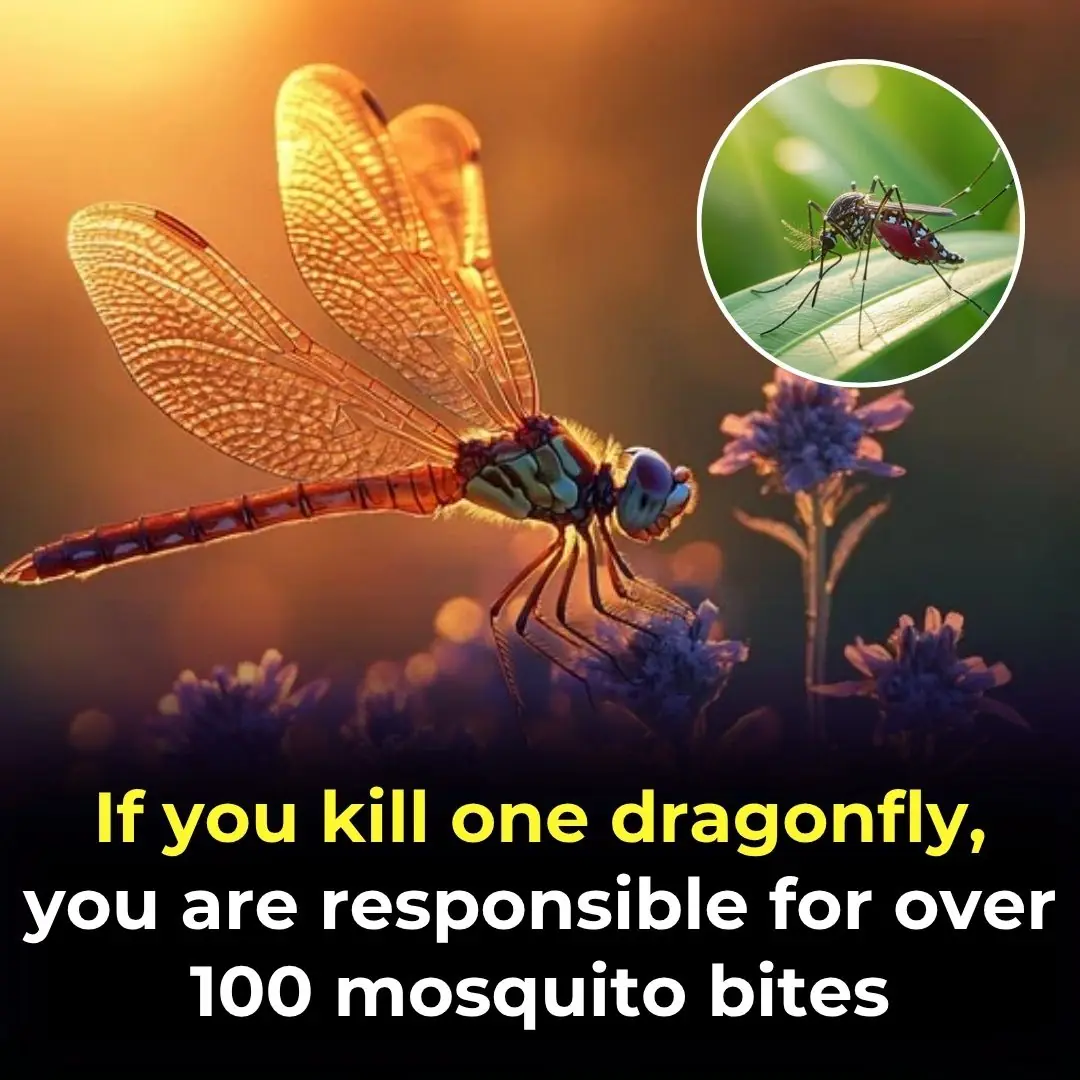
If You Kill One Dragonfly, You Are Responsible For Over 100 Mosquito Bites

Tesla Dreamed It—Now Wireless Electricity Is Closer To Reality Than Ever

World’s Largest Fish Nesting Ground With 60 Million Nests Discovered Under Antarctic ice

World’s Smallest Otter Species Rediscovered In Nepal After 185 Years

Why You Should Disconnect Your WiFi at Night And Sleep With Your Phone on Airplane Mode in Another Room

Google Claims That AI Will Surpass Human Intelligence By 2030, Posing Extinction Risk
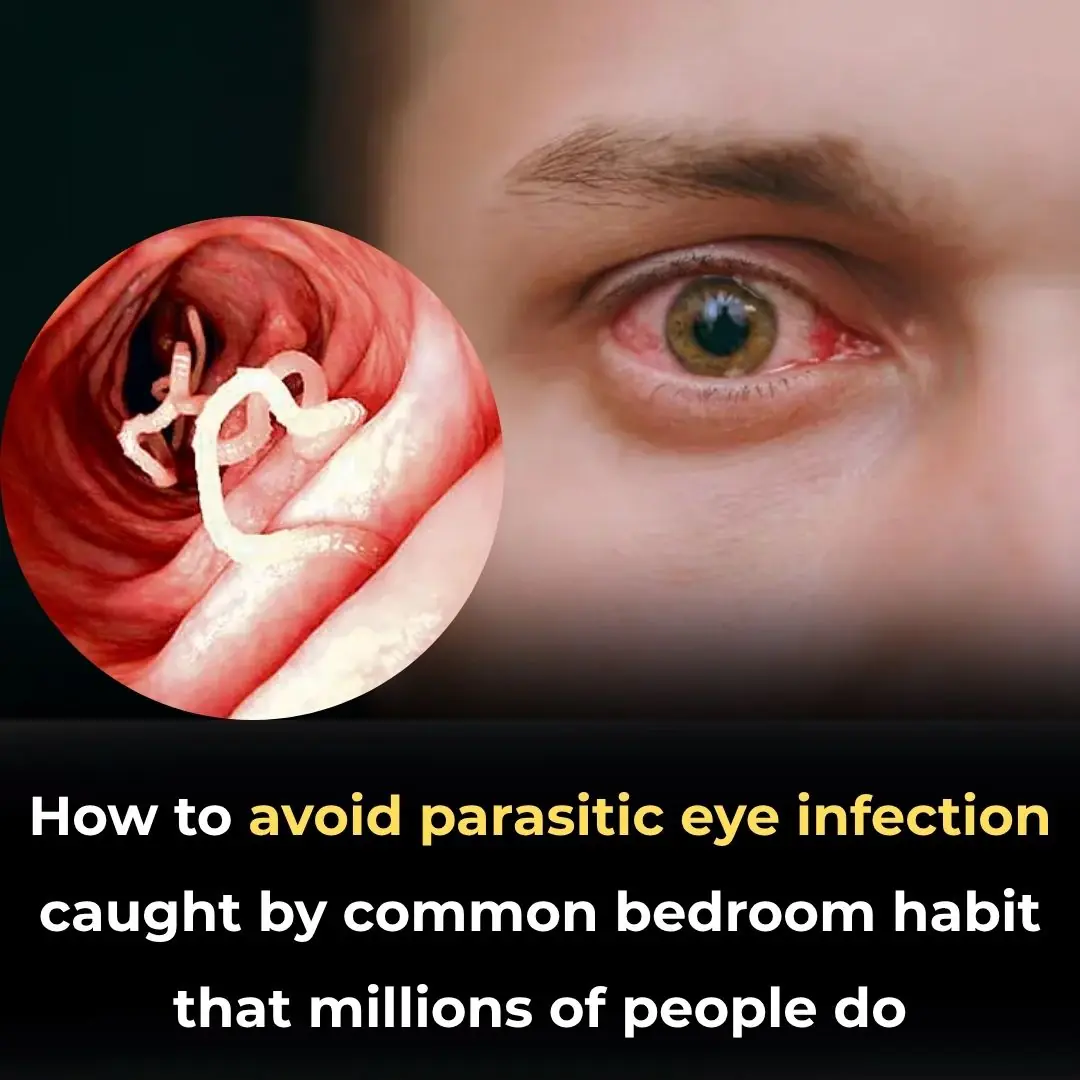
How to Avoid Parasitic Eye Infection Caught by Common Bedroom Habit That Millions of People Do

Experts Issue Dire Warning: Gulf Stream Shutdown May Be Just Decades Away—With Catastrophic Global Fallout
News Post

Birds Can Actually See Earth’s Magnetic Field—Thanks to Quantum Physics

If You Want Smarter Kids Teach Them Music, Not Coding, According to MIT

The ‘Ocean Spiral’: Japan’s Groundbreaking New Underwater City Will Run on Deep-Sea Thermal Energy

Scientists Aim to Teleport an Entire Human, This New Quantum Tech Can Make It Possible

Some Hotels in Iceland Have a Special Button That Will Wake You up if the Northern Lights Appear in the Sky

Humanity May Achieve the Singularity Within the Next 6 Months, Scientists Claim
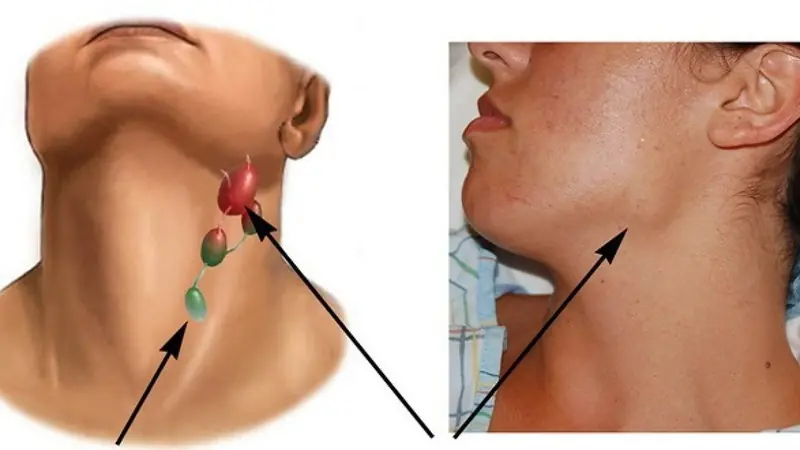
4 Unusual Signs in the Neck That Could Be Symptoms of Cancer – Don’t Ignore Them!
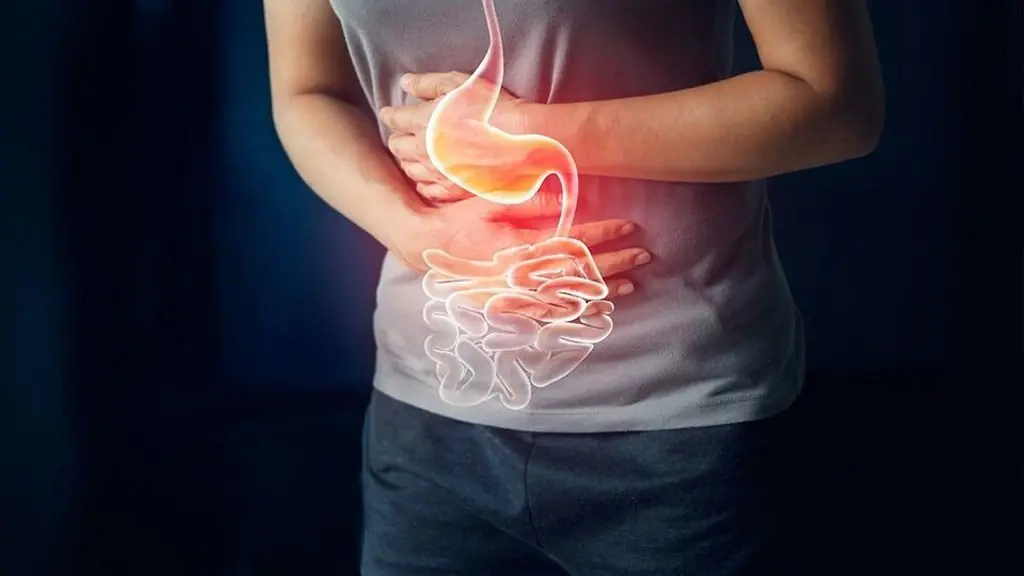
More Young People Are Getting Stomach Cancer: If You Wake Up with These 3 Symptoms, Get Checked Immediately
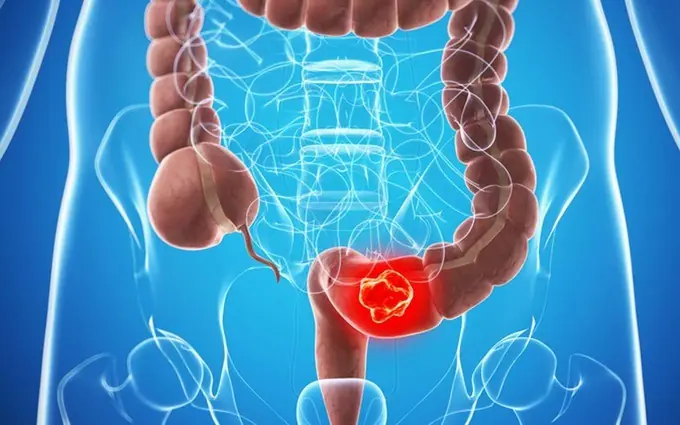
Warning Signs in Bowel Movements That May Indicate Colon Cancer – When to See a Doctor Immediately
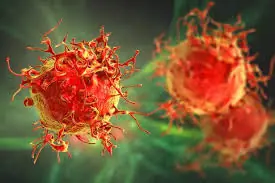
Breakthrough Blood Test Detects Cancer Years Before Symptoms Appear
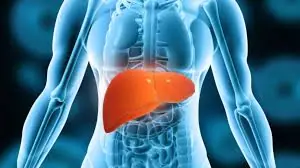
Alarming Rise: Liver Damage Linked to Supplement Use Sparks Scientific Concern
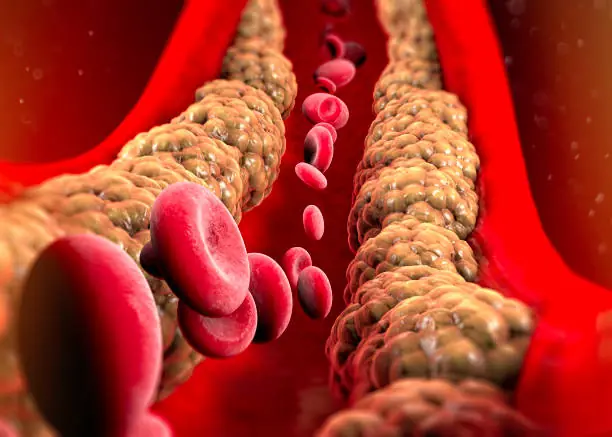
Scientists Discover an "Off Switch" for Cholesterol—Could Save Millions of Lives

A Missing Little Girl Who Was Featured On “Unsolved Mysteries” Has Finally Been Found
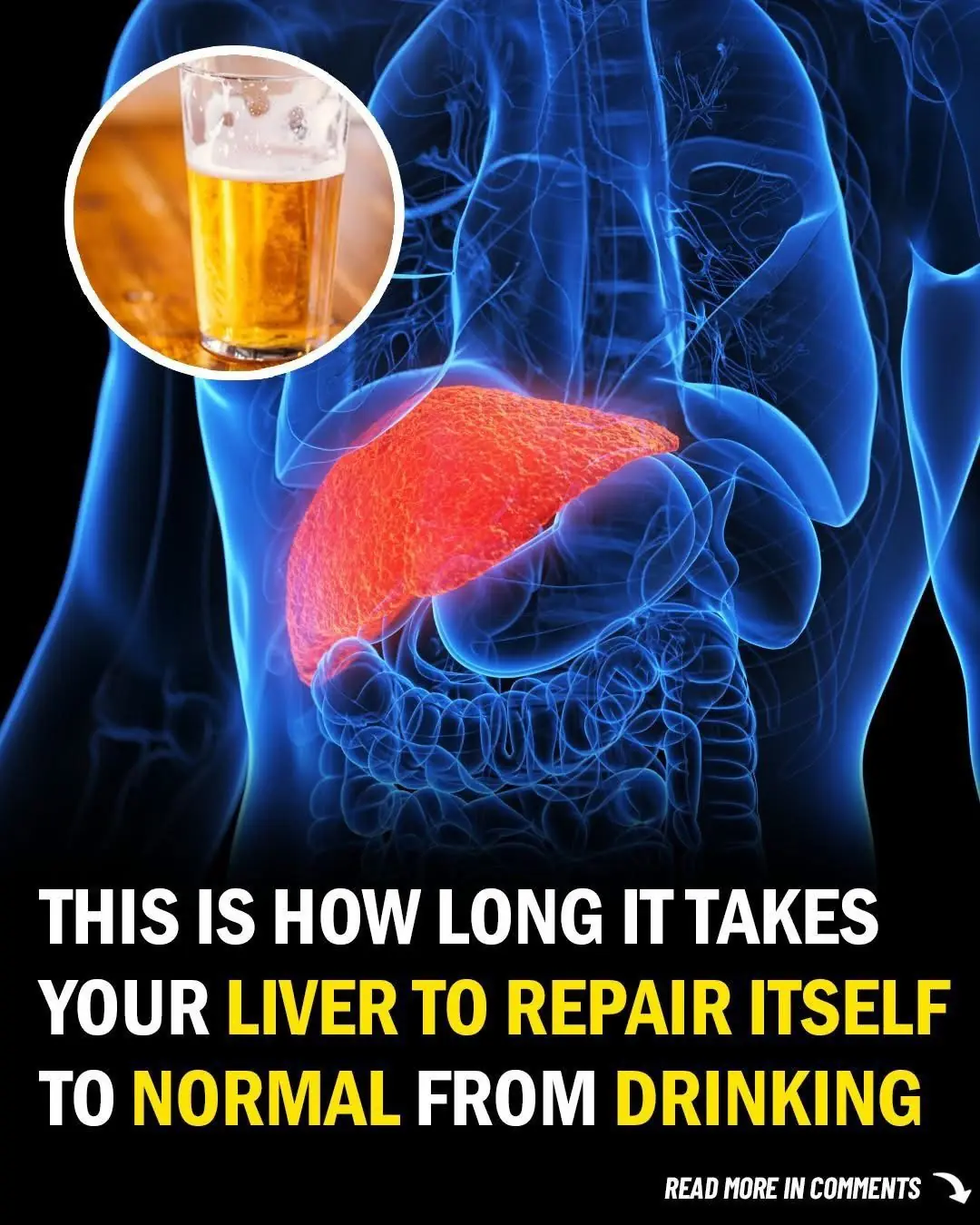
This Is How Long It Takes Your Liver to Return to Normal From Drinking

Biohacker Claims 90 Days Of Oxygen Therapy Reversed His Biological Age To That Of A 10-Year-Old

Tomato, Turmeric, and Sugar: The DIY Glow-Up Trick for Radiant Skin

7 Early Warning Signs of a Stroke – Recognize Stroke Symptoms FAST: THIS Could Save Your Life

🍃 People Love Papaya – But Most Don’t Know How Powerful Its Leaves Are! Here’s How to Use Them
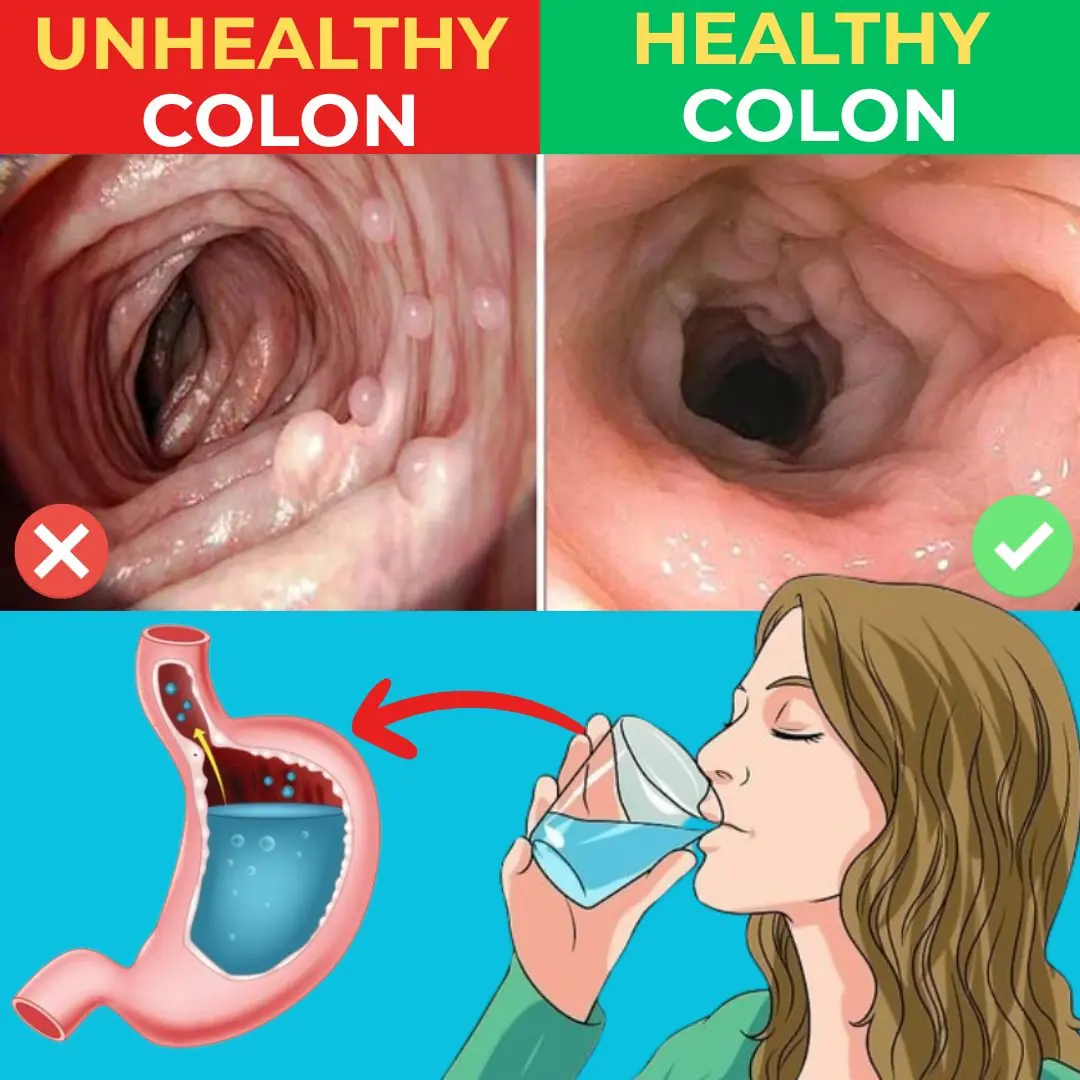
18 Lifestyle and Dietary Habits to Improve Gut Health and Digestive Issues
